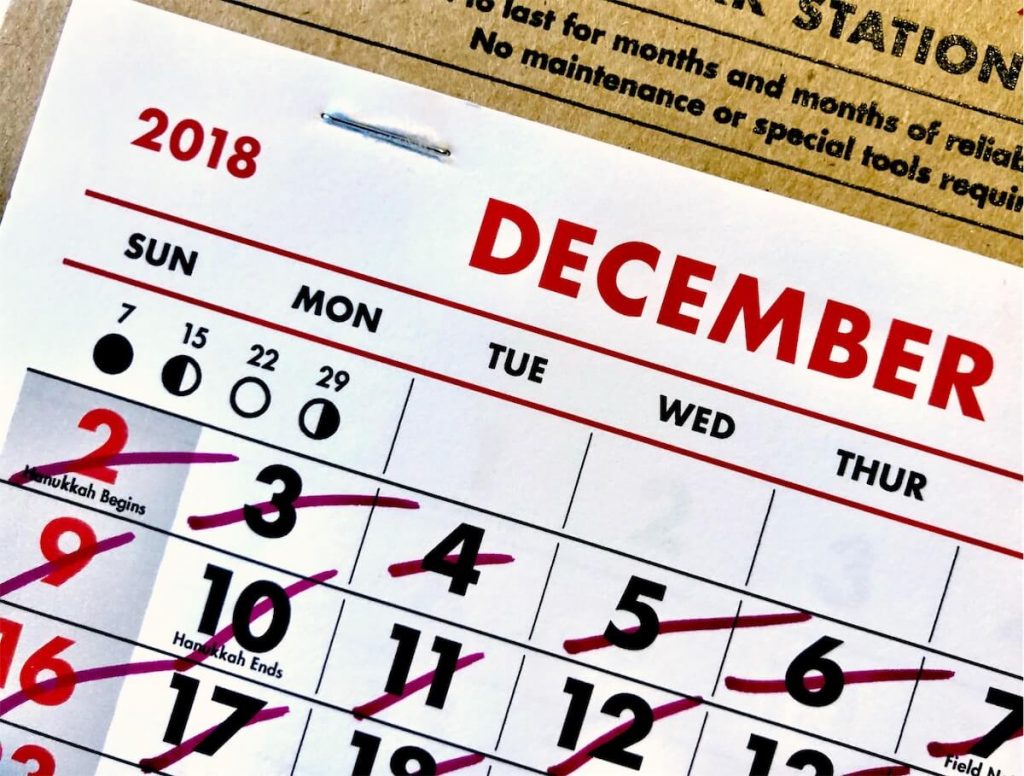Getting a mortgage in Singapore is one of the biggest financial decisions one has to make for at least 2 reasons: 1) the quantum of money involved in monthly payments, and 2) contractual implications during the lock-in period.
To help you shop for the right home loan in Singapore, we’ll be sharing some cringe-worthy mistakes to sidestep, and what you need to know to stay ahead of the curve as you navigate through the home loan application process.
New to the home loan process in Singapore? Here’s a guide to help you get started.

When should you start looking for a mortgage in Singapore?
Common mistake: leaving this off till the week before the renewal is due.
Mortgage shopping can be an overwhelming process. The terminology, differing features, and array of options offered by the many providers in the market require almost a dedicated headspace to figure it all out.
You have to look through all your options properly before making a decision that you would have to live with, for the entire duration of the lock-in period.
Here are some of the reasons why homeowners put off organising a mortgage review:
- They view their mortgage to be “a constant” that cannot be changed.
- There are just too many competing priorities for time
- Lack of knowledge of how their mortgage is being set up
- Uncertainty of using the features and facilities available to them
While it’s tempting to put this mortgage review off till later, it might be worthwhile to kick start the process at least 4 months before your mortgage is up for renewal.
This is because lenders do require approximately 3 to 4 weeks to process the application. If you prefer to take time to think through your shortlisted options, this 4-month time frame would be just nice.
Learn about the different terminologies you’ll come across when applying for a home loan here.
What to look for when choosing a mortgage loan in Singapore?
Common mistake: going with the cheapest home loan available.
The pricing of mortgages is largely derived from its features. It’s important to evaluate if these features are relevant to your needs and not just go for the lowest interest rate when choosing a mortgage in Singapore.
If your primary consideration is based on the entire amount you would be paying over time, these key areas are noteworthy:
- The deposit you intend to pay
A higher deposit done upfront will result in a lower loan quantum and it translates to both a lower repayment amount and lesser interest cost in the long run.
- The standard rate
If you’re on a fixed-rate package, this is the interest rate you’ll be looking at when your current contract ends.
- When interest is charged
Daily interest could work out cheaper, though most home loan packages feature a monthly or annual interest plan.
- Flexibility
If flexibility is a feature you require on your home loan, you should check with the lender if they allow partial prepayment towards your mortgage.
Partial prepayment will help you to pay down your loan faster and reduce the corresponding interest expense.
- Length of the lock-in period
This is dependent on how much flexibility you’d like to have for the duration of the contract.
You should also ask if there are any charges involved if you decide to make changes before the contract ends.
What are the differences between repricing and refinancing?
Common mistake: using these two terms interchangeably.
The fundamental difference between repricing and refinancing has to do with whether you’re continuing your mortgage relationship with the same bank or setting up a new home loan account with another bank.
The shift to reprice or refinance should only be considered:
- if you can enjoy greater savings from switching to a lower interest rate package
- if the proposed loan package suits your current needs better
- after you factor in the commencement date of the new loan package. Note that repricing could take effect within a month, while refinancing might see a mortgage start date approximately 3 months later
- additional incidental costs such as a legal and valuation fees if you opt for refinancing
Refinancing tends to cost more than repricing due to the additional fees such as legal and valuation. The total usually comes up to about $2,000 to $3,000. However, the banks do dish out rebates/cash rewards/subsidies to defray the costs.
Here’s a table to compare:
| Repricing | Refinancing |
|---|---|
| Refers to switching to a new home loan package with the same bank | Refers to closing your current home loan account and setting up a new home loan account with another bank |
| More straightforward in paperwork as the bank already has your details | Could potentially save money by switching to a more competitive loan package and make lower monthly payments |
| Quicker processing time due to lesser administrative work | Tend to cost more due to additional fees involved, but banks do dish out rebates/cash rewards/subsidies to defray the costs |
| Cheaper option with conversion fees at around $500 on average, or a one-time repricing free-of-charge | Need to check loan eligibility for refinancing based on prevailing regulations and banks’ guidelines |
| May take a few months before new bank takes over | |
| Some banks will only allow you to refinance if the loan amount is larger than $200,000 |
What should you note when using comparison websites to research for your mortgage?
Common mistake: doing your own research without knowing what to look out for.
Comparison websites are a good starting point if you’re looking to get an idea of the latest deals on the market.
Bear in mind, though not all available offers are listed on comparison websites. Also, not all comparison websites will give you the same results.
So, it’s important that you do adequate research into the product and features that meet your needs.

Should you engage a mortgage broker in Singapore?
Common mistake: going with the same mortgage plan your BFF has.
Your needs from your bestie may vary. What’s suitable for their finances may not be suitable for yours.
To ensure that you get a product that’s right for you, it might be worth speaking to a mortgage broker who will provide you with the guidance that most comparison websites may not offer.
Along with providing unbiased recommendations, a mortgage broker can:
- walk you through a Home Loan Health Check to determine if the construct of your loan is still right for you
- help decipher all the costs and features of available mortgage loan options, beyond the fixed or variable interest rate question
- provide exclusive offers which only they have access to
- save you the effort by shortlisting mortgage that’s most suitable for you, and advise on the options you have
- complete the necessary paperwork to avoid subsequent revisiting of your application
Find out all about Home Loan Health Check here.

Here at FinanceGuru, we seek to help you better prepare for your finances and the upcoming milestones in your life. Get a non-obligatory assessment and loan product recommendations today.







